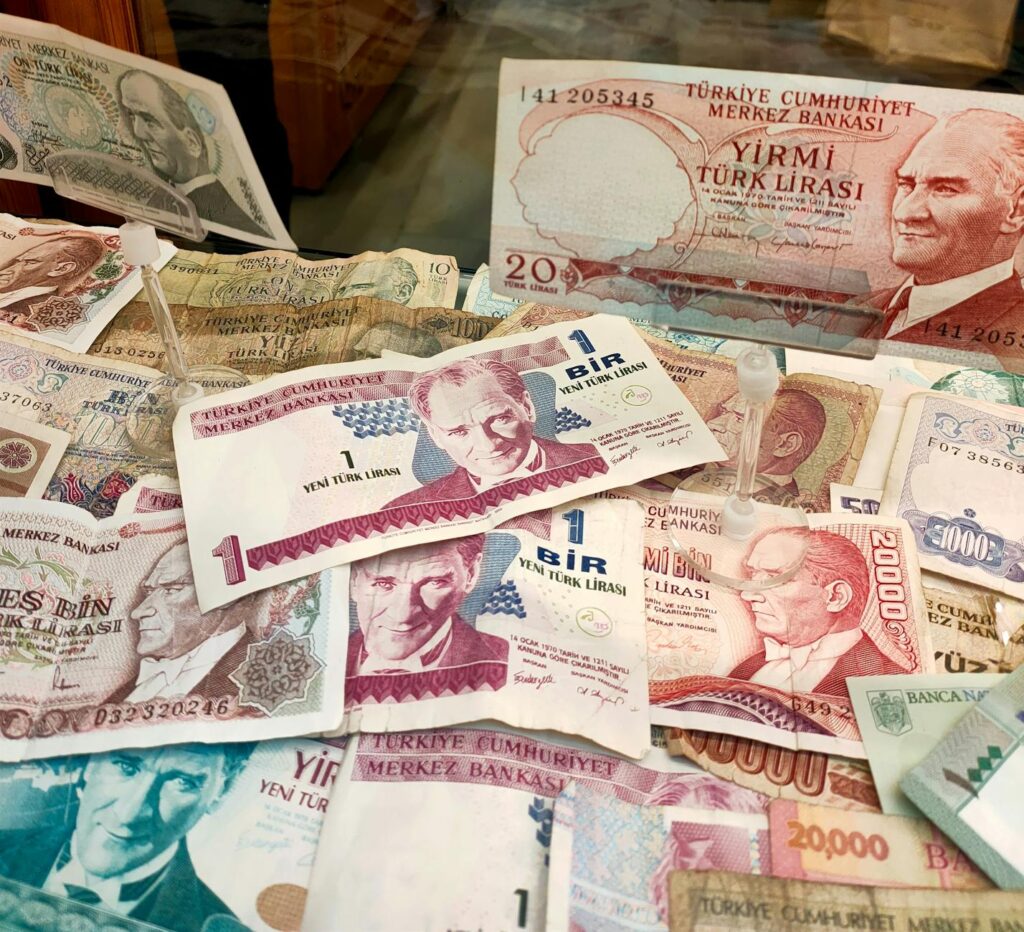16 Billion Passwords Leaked—Yours in There? Here’s What to Do
Okay, picture this: You’re scrolling through your phone with your morning chai, and bam—news hits about 16 billion passwords floating around the dark web. Yours could be one of them. And if you’re like most people (come on, we’ve all done it), using the same password everywhere? Yeah, time to freak out a little—then get your act together.
Wait, What Actually Happened?
The Mess We’re In
This isn’t some small-time oopsie. We’re talking usernames, passwords (some scrambled, some just… sitting there naked), and enough personal details to make any scammer’s day. The exact source? Still fuzzy. But big names like Apple, Facebook, Google—they’re probably in the mix. Basically, hackers just won the lottery.
How We Found Out
Some sharp-eyed cybersecurity folks spotted this disaster while poking around shady online forums. Classic case of finding out your house was robbed… three months after it happened. Not ideal.
Why This Is Bad. Really Bad.
Size Matters Here
Remember the Yahoo breach? That was 3 billion accounts. This leak? Over five times worse. Hackers now have enough passwords to keep trying them on every site you’ve ever used—for years.
What They’ll Do With Your Stuff
With 16 billion passwords up for grabs, these guys can:
- Use bots to try your password everywhere (called credential stuffing—sounds fancy, isn’t).
- Sell your deets on the dark web like some messed-up eBay.
- Get into your whole digital life if you’re one of those “one password rules them all” people (and let’s be real, most of us are).
How to Check If You’re Screwed
Free Tools That Actually Work
Head to Have I Been Pwned and punch in your email. Or if you use password managers like 1Password or Bitwarden, they’ve got built-in alerts for this exact nightmare.
If You’re Hit—Don’t Panic, Just Do This
- Change that password—like, right now. Every single place you’ve used it.
- Turn on 2FA (two-factor auth). It’s annoying but less annoying than getting robbed.
- Check connected apps—you know, those “Login with Facebook” things? Yeah, those count too.
Keeping Safe From Now On
Passwords 101
Get a password manager (Bitwarden‘s free, just saying). And no, “Fluffy123” doesn’t cut it—try something like “MyDogAteMyHomework@42”. Still memorable, way harder to crack.
MFA: Your New Best Friend
Multi-factor auth is like adding a lock to your lock. Use an app like Google Authenticator or a physical key (YubiKey). SMS codes? Hackers can steal those—ask any crypto bro who got cleaned out.
Keep an Eye Out
Turn on login alerts for important accounts. Check your activity logs once a month—takes five minutes and could save your bacon.
If You’re Already Hacked…
Damage Control
- Change all passwords. Yes, even that old MySpace one.
- Kick out suspicious apps connected to your accounts.
- Run a malware scan—phones aren’t magically safe, people.
Long Game
If they got your financial info? Freeze your credit with the big three bureaus. Some banks offer free monitoring too—take it.
Bottom Line
This isn’t just another “change your password” warning. It’s a wake-up call: passwords alone are dead. Check if you’re exposed, stop reusing passwords, and for god’s sake turn on MFA. And maybe forward this to your cousin who still uses “password123″—they’ll hate you now, thank you later.
Source: NY Post – Tech

